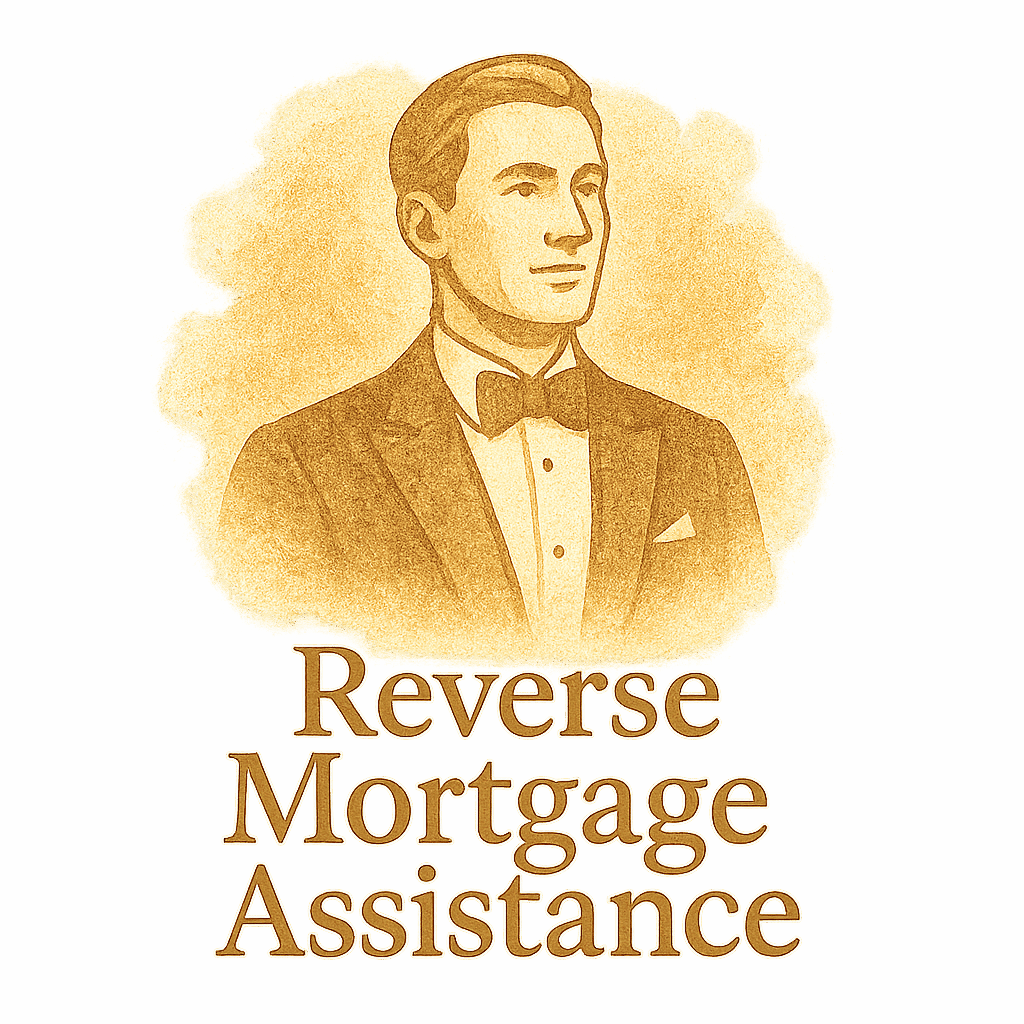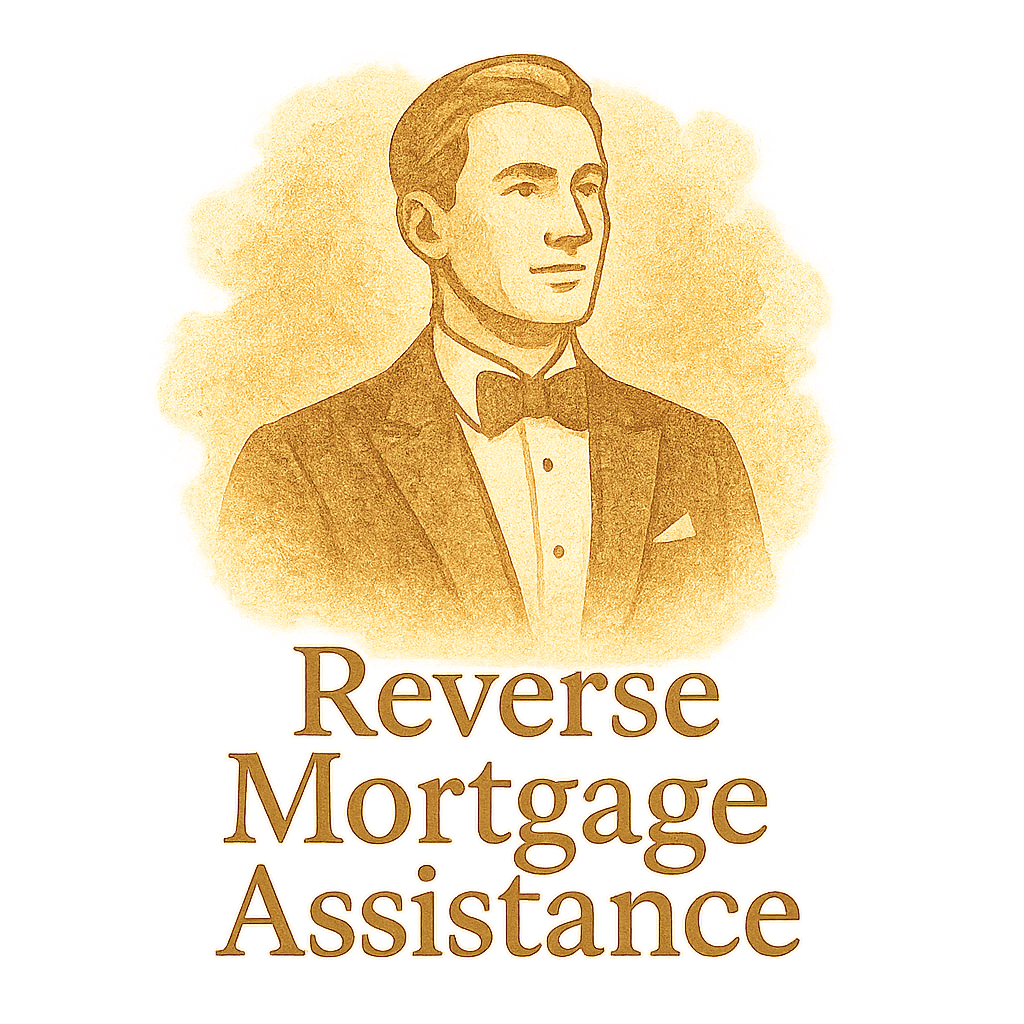Thinking about how your reverse mortgage affects your estate plan? You’re not alone. Many homeowners are now turning to reverse mortgages to fund retirement or cover healthcare costs—but few stop to consider how that decision impacts their long-term legacy. Don’t worry—we’ve got you covered with 9 essential estate planning tips tailored specifically for people with a reverse mortgage in place.
Let’s dive in and make sure your hard-earned home equity works with your estate plan, not against it.
Understanding the Basics of a Reverse Mortgage
What Is a Reverse Mortgage?
A reverse mortgage lets homeowners aged 62 or older borrow against their home equity without making monthly mortgage payments. Instead of paying the bank, the bank pays you—pretty sweet, right? But remember, this money is a loan and must eventually be repaid—usually when you sell the house, move out, or pass away.
👉 Learn more at the Reverse Mortgage Basics page.
How Does It Affect Your Estate Plan?
Because the loan is secured against your home, it directly impacts what your heirs inherit. If you don’t account for this loan in your estate documents, it can cause confusion, delays, or even legal disputes after you’re gone.
Why Estate Planning Is Crucial with a Reverse Mortgage
Avoiding Surprises for Heirs
Imagine your heirs discovering a large mortgage balance after you’re gone. Yikes. Proactively updating your estate plan ensures they’re prepared and informed.
Preserving Home Equity
Strategic planning allows you to preserve as much equity as possible for your heirs—or use it wisely during your lifetime.
Tip 1: Communicate Openly with Heirs
Why Transparency Matters
Don’t leave your family guessing. Be upfront with your kids or beneficiaries about your reverse mortgage and what it means for them.
Setting Expectations Early
Heirs may need to repay the loan if they want to keep the home. By setting expectations early, you prevent surprises—and potential resentment.
Tip 2: Update Your Will and Trust
Including the Reverse Mortgage in Your Will
Make sure your will reflects the existence of the reverse mortgage and outlines how you want it handled.
Using a Living Trust for Flexibility
Consider using a living trust. It’s a flexible tool that helps bypass probate and gives your trustee clear instructions on how to deal with the loan.
Tip 3: Understand Your Loan Terms and Obligations
Interest, Fees, and Repayment Triggers
You’ve got to know your stuff. Understand how interest accrues and what might trigger repayment.
Importance of Reviewing Loan Comparison
There are different types of reverse mortgage loans—make sure you picked the right one. If not, it’s not too late to reassess and pivot.

Tip 4: Review Beneficiary Designations
Ensuring Assets Go Where Intended
Some assets pass outside of your will—like life insurance and retirement accounts. Review these to ensure your estate plan is holistic.
Reverse Mortgage and Probate
If your home is the main asset in your estate, it will likely go through probate unless you’ve placed it in a trust.
Explore more on Contracts and Legal Terms.
Tip 5: Consult a Legal Expert
Navigating Legal and Regulatory Issues
Reverse mortgages come with unique legal complexities. A seasoned estate attorney familiar with reverse mortgage law is your best ally.
Tapping into Contracts Expertise
Every word in your loan documents matters. Get expert help reviewing your mortgage contract to avoid nasty surprises.
Tip 6: Plan for Home Sale or Loan Payoff
Preparing for Loan Repayment After Death
The loan becomes due when you pass away or move out. That means your estate (or heirs) must pay up—typically by selling the home.
Using Reverse Mortgage Basics
Review your plan regularly and prepare for the loan repayment process so your family isn’t caught off guard.
Tip 7: Factor in Healthcare and Long-Term Care Costs
Home Equity as a Safety Net
You might need your home equity for medical expenses. A reverse mortgage can fund in-home care or a long-term facility.
Aligning with Retirement Plans
Make sure this mortgage aligns with your broader retirement strategy. Don’t use it all today if you’ll need more tomorrow.
Tip 8: Regularly Review and Adjust Your Plan
Estate Planning Isn’t One-and-Done
Life changes—and so should your estate plan. Regularly revisit it, especially if you refinance, move, or experience major life changes.
Using Mortgage Planning Tools
Explore strategic mortgage planning to align your estate and financial goals.
Tip 9: Document Everything Thoroughly
Reduce Misunderstandings and Legal Risks
Write down everything. Who gets what. When. How the loan is to be handled. It may seem tedious, but clarity now prevents conflict later.
Archive Through Preparation and Outcomes
Organize your estate documents and store them in a safe, accessible place.
Conclusion
Estate planning with a reverse mortgage isn’t just about documents—it’s about peace of mind. Whether you’re ensuring your family keeps the house or using equity to fund your golden years, planning smartly means fewer headaches and more harmony. Use these tips as your checklist to protect your legacy, empower your heirs, and make informed decisions.
FAQs
1. Does a reverse mortgage affect inheritance?
Yes, it reduces the equity heirs receive unless the loan is repaid or the home is sold for more than the loan balance.
2. Can heirs keep the home after the borrower dies?
Absolutely, as long as they repay the loan balance within a specific timeframe.
3. Is a reverse mortgage part of the probate process?
It can be—unless the home is in a trust or other legal arrangement that bypasses probate.
4. Can a reverse mortgage be refinanced for estate planning?
Yes. Refinancing can be strategic. Check out the loan comparison to see what suits your needs.
5. What happens if the loan balance exceeds home value?
Most reverse mortgages are non-recourse, meaning your heirs won’t owe more than the home’s value.
6. How do I inform my heirs about my reverse mortgage?
Simple—just talk to them. Leave detailed documentation and consult a professional together.
7. Where can I learn more about reverse mortgage planning?
Visit Reverse Mortgage Assistance for helpful guides, resources, and expert support.


